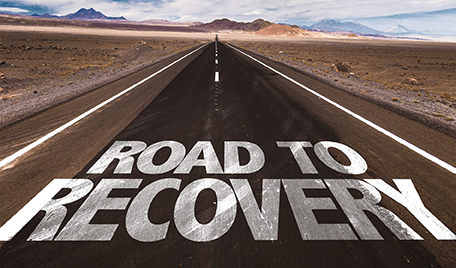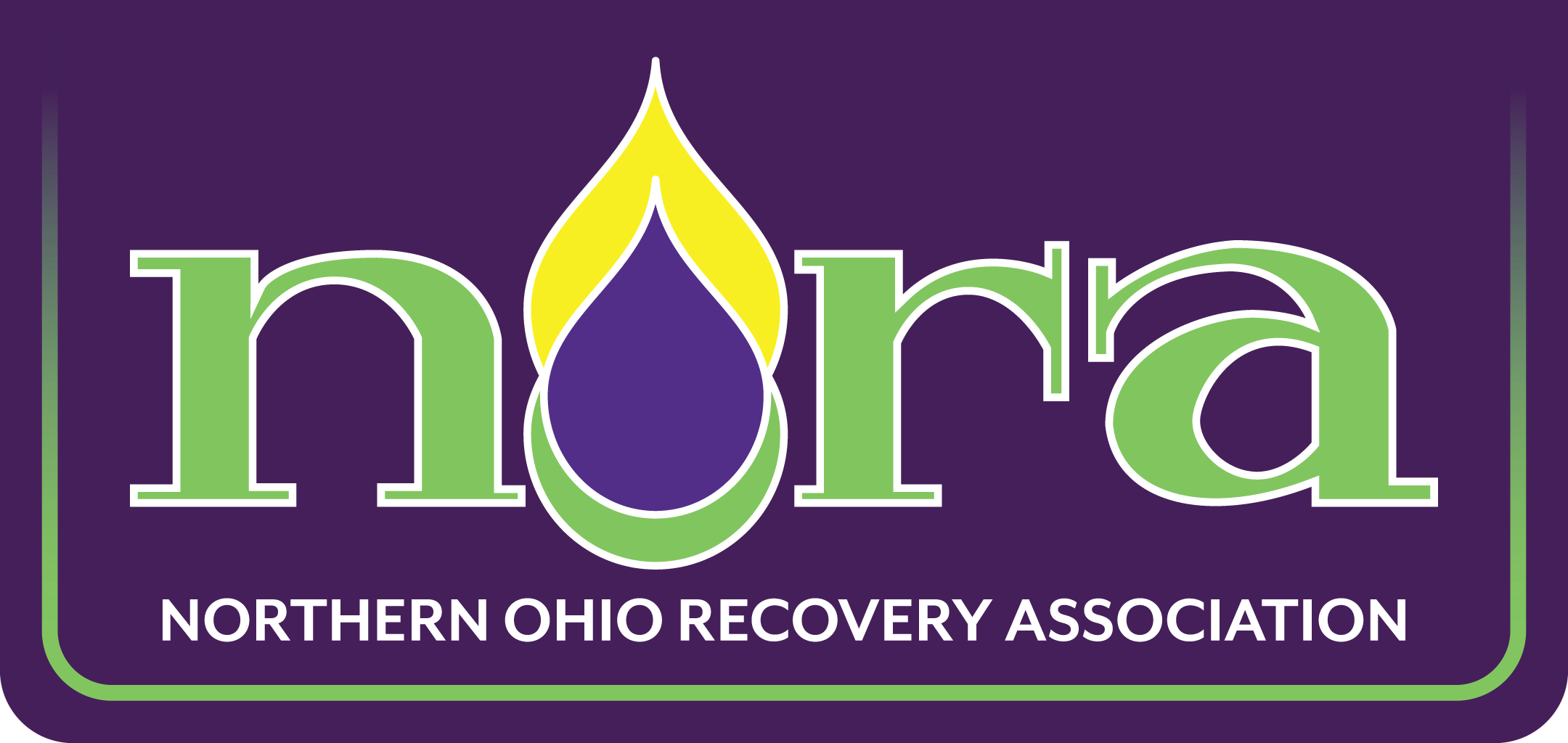Peer Recovery Support
Find hope, strength and recovery with companionship.
NORA Peer Project
NORA is a Recovery Community Organization (RCO) that develops and delivers peer recovery support services in Northeast Ohio.
Peer recovery support services are designed and delivered by people who have their own experience in substance abuse and recovery. They know what it’s like to be an addict, to struggle with the daily pressures and stress, to overcome the guilt, sadness, confusion, to try to find a job, rebuild careers, relationships, and self-esteem.
The purpose of peer recovery support services is to provide hope to those in recovery and to help them stay in recovery, thus reducing the likelihood of relapse. With their powerful message of hope, combined with the experience of the peers who have been successful in their recovery efforts, these services extend the clinical reach of treatment and go directly into the lives of people who need them most.

Social Support and Peer Recovery Support Services
Backed by considerable research that recovery is enhanced with social support, four types of social support have been identified: emotional, informational, instrumental, and affiliation support. RCSP projects have found these types of support useful in organizing community-based peer recovery support services.
Individuals in recovery have many needs. They may need assistance in finding a job, thus requiring a job referral service (informational support), but their confidence level may be at all-time lows, so they also need emotional support, perhaps in some type of coaching on interviewing skills, how to dress appropriately follow-up tips.
Emotional
Support
Informational
Support
Instrumental
Support
Affiliation
Support
How It Works
Peer recovery support groups have a certified peer recovery support specialist (PRSS), who provides support to peers (those seeking help to establish or maintain their recovery). In the interaction, both the PRSS and peers receive mutual support and their recovery gains strength in the process. The role of the PRSS, however, is very clearly distinguished from that of a 12-step sponsor, treatment counselor or other professional. This is because the intent of the PRSS is to enhance the recovery process by not duplicating other services in the community.
In early recovery especially, the PRSS, acting as mentor or coach, spends a great deal of time with the peer – typically more than a 12-step sponsor. That’s because the peer leader often has a more extensive knowledge of what’s available in the community in terms of employment, housing, educational and social services and community health services. The PRSS is involved in helping peers make appropriate choices about which recovery path will work best for them – not encouraging the peer to choose the path that worked for the PRSS. Similarly, the PRSS will typically not urge the peer to follow any particular path or recovery. Again, the intent is to encourage the peer to find the recovery path that will be in the peer’s best interest – and one he or she can follow.
How Individuals Benefit from Peer Recovery Support Services
The benefits of peer recovery support services are both tangible and intangible. They vary from individual to individual. Some people in early recovery attest to the fact that these services helped them remain in recovery, whereas a simple reliance on 12-step meetings or sessions with a counselor did not. To that end, peer recovery support services fulfill their mission: to help people strengthen and remain in recovery.
Are you interested in becoming a Peer Recovery Support Specialist?
Download the Certification Application to the right and follow the instructions.
NORA's Peer Project Serves Organizations and Provides Individual Services. To Start Receiving Life-changing Recovery Services Contact:
Dave Pines
216-391-6672 ext. 231
dpines@norainc.org







